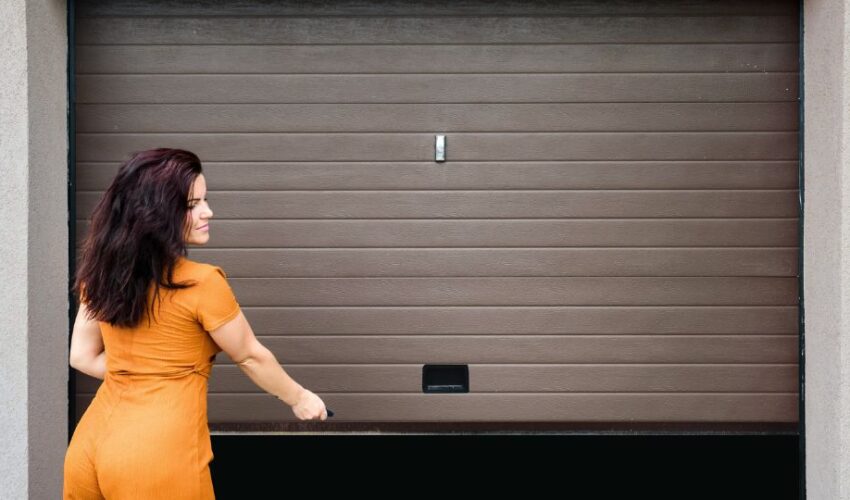Common Causes of a Noisy Garage Door
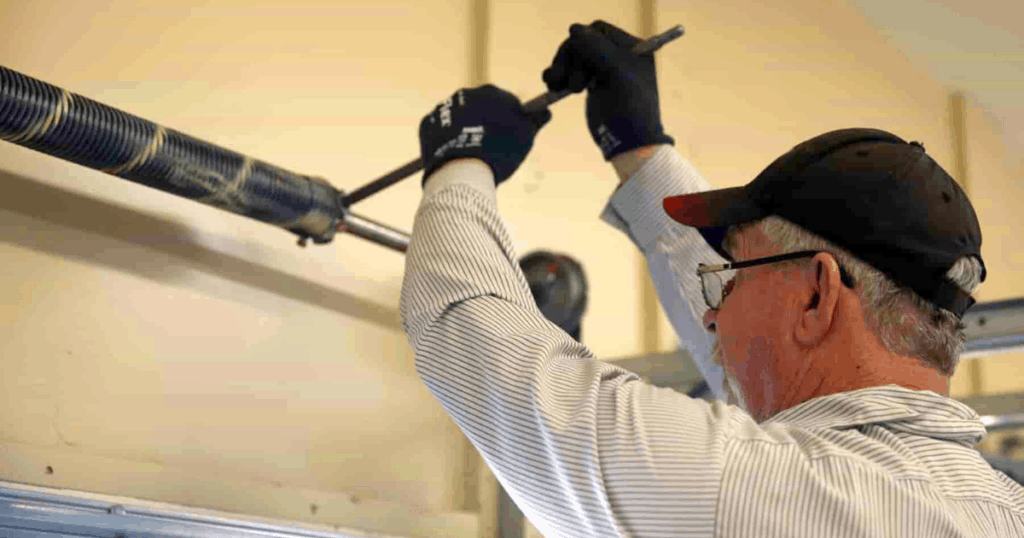
1. Loose Hardware
2. Worn-Out Rollers and Hinges
3. Lack of Lubrication
4. Unbalanced or Misaligned Door
How to Quiet a Noisy Garage Door
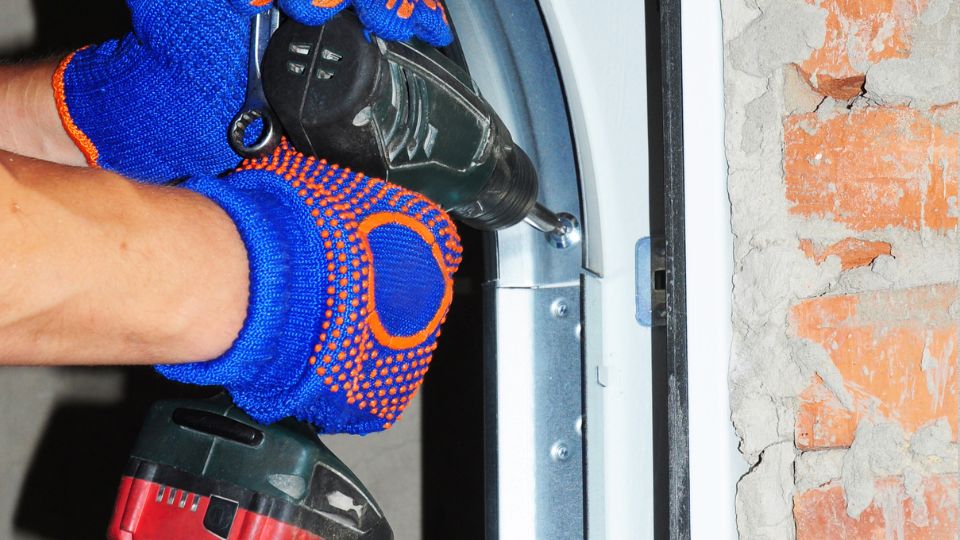
Step 1: Tighten Loose Hardware
Start by checking the nuts, bolts, and screws on your garage door. Use a wrench or socket set to tighten any loose components. Pay close attention to the hinges, as they can become loose over time. Remember, garage door maintenance is key to preventing noise from loose parts. Also, be careful not to overtighten, as this can lead to unnecessary wear on the components. Regularly tightening your hardware can prevent a broken garage door and keep it running smoothly.
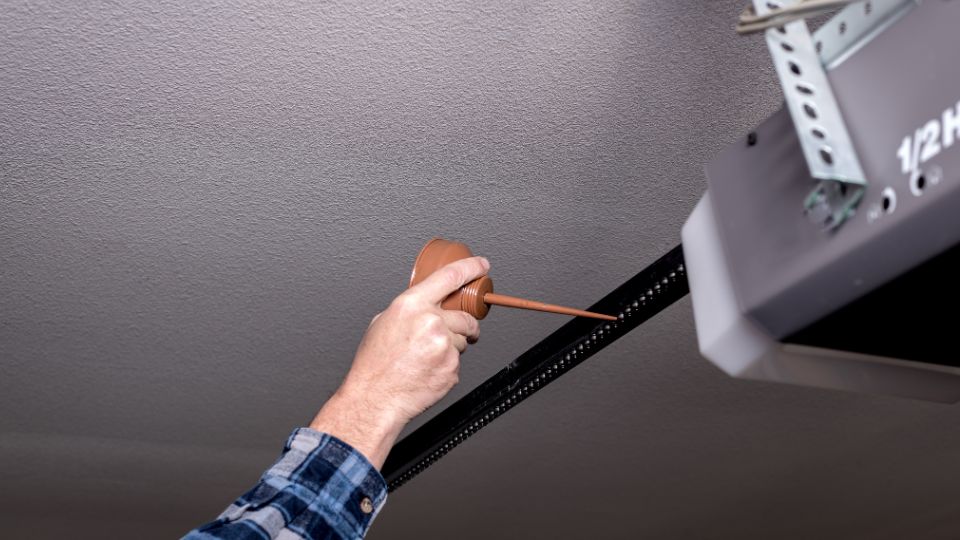
Step 2: Lubricate Moving Parts
Applying garage door lubricant to the moving parts can make a world of difference. Focus on the rollers, hinges, springs, and tracks. It’s important to use a lubricant specifically designed for garage doors—something like a silicone-based spray or white lithium grease works well. Avoid using WD-40, as it's not meant for long-term lubrication of garage door parts. By lubricating the moving parts regularly, you’ll not only eliminate noise but also extend the life of your garage door system. This is a critical aspect of any garage door tune-up.
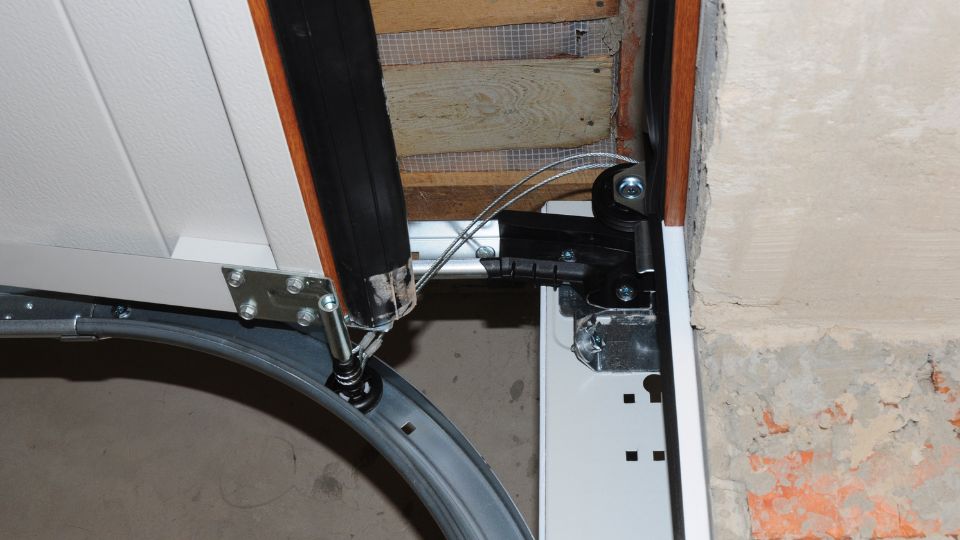
Step 3: Replace Worn-Out Rollers
If your garage door is still noisy after tightening and lubricating, you might have worn-out rollers. Metal rollers, in particular, can become loud as they age. Replacing these with nylon rollers can significantly reduce noise since nylon is quieter and doesn’t require as much lubrication. Look for signs of wear on the rollers, such as cracks or a wobbly movement. Replacing worn rollers with nylon options can help keep your garage door quieter for longer and is a smart move during garage door repair service.

Step 4: Adjust the Door’s Balance
An unbalanced door can cause all sorts of problems, including excessive noise. To test your garage door's balance, disconnect the automatic opener and manually lift the door halfway. If it doesn’t stay in place or seems heavy, it’s likely unbalanced. Fixing an unbalanced garage door often requires adjusting the garage door springs. Since springs are under a lot of tension, it’s best to leave this task to a professional garage door technician. Attempting to adjust springs on your own can be dangerous, so call a garage door repair service if you suspect a balance issue.
When to Call a Professional for a Noisy Garage Door
While some issues can be fixed with basic tools and a bit of elbow grease, others require the expertise of a garage door technician. Here are some scenarios where you might need to bring in a pro.
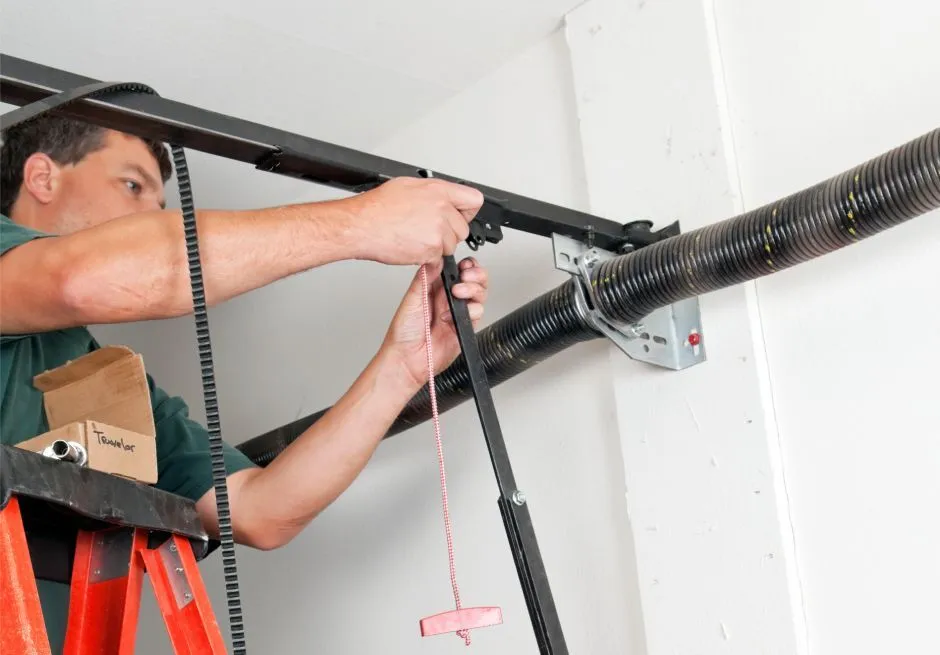
Complex Issues
Safety Concerns
Preventing Noise in the Future
Once you’ve fixed your noisy garage door, it’s important to take steps to prevent the problem from returning. Regular maintenance is key to keeping your garage door running smoothly and quietly. Here are some tips to keep in mind:
1. Schedule Regular Tune-Ups
2. Lubricate Often
3. Keep an Eye on the Rollers and Springs
Conclusion
Frequently Asked Questions
Your garage door could be loud due to loose hardware, lack of lubrication, worn-out rollers, or an unbalanced door. Regular garage door maintenance can help keep it quiet.
Yes! Applying garage door lubricant to the moving parts is easy. Just be sure to use a silicone-based lubricant or white lithium grease for the best results.
It’s recommended to schedule a tune-up at least once a year. This helps catch any potential issues early and keeps your door running smoothly.
If your garage door isn’t closing, it could be due to an alignment issue or a problem with the garage door springs. It’s best to have a professional assess the situation.
Nylon rollers are quieter and more durable, requiring less lubrication. Upgrading your rollers can reduce the overall noise of your garage door.
To test the balance, manually lift the door halfway. If it doesn’t stay in place, it’s likely unbalanced. An unbalanced door can lead to a broken garage door.
You should contact a garage door technician immediately. Broken springs can be dangerous to handle without the proper tools and expertise.
Regular lubrication, tightening hardware, and scheduling annual tune-ups can help prevent noise. Keeping an eye on the garage door springs and rollers can also prevent future problems.

